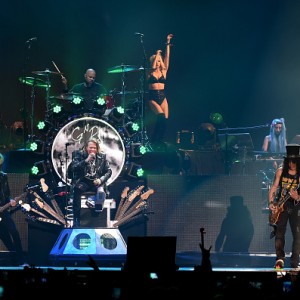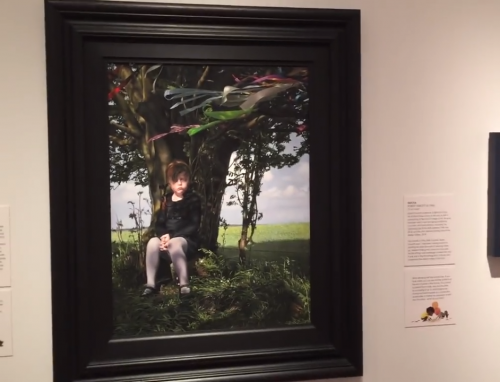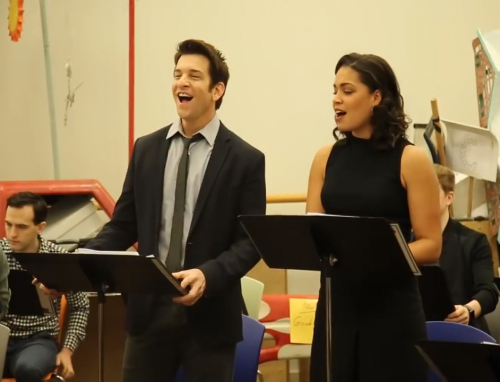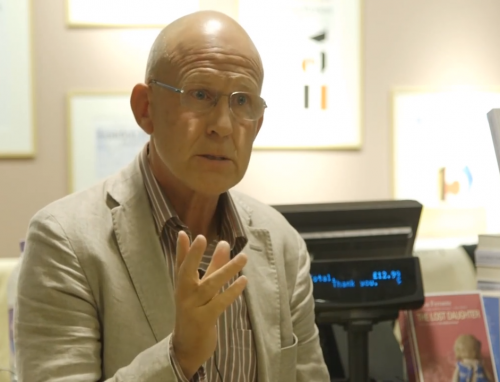Dig the 'Negative Spaces' Between Guitarist Cameron Mizell's Chords, Destiny Records [REVIEW]
For his fifth CD, guitarist-composer Cameron Mizell, 36, takes his trio into space, the final frontier. These are the voyages of the Cameron Mizell Trio, its six-year mission to explore strange new sounds, to seek out life between the chords, to go boldly where no rock star has gone before. Mizell, on Negative Spaces (Destiny Records) is on a trek that should make him a star.
Keyboardist Brad Whiteley and drummer Kenneth Salters add immeasurably to these 12 Bill Frisell-influenced originals. While traversing the outer limits of inner space, Mizell has created an eminently listenable and thoroughly enjoyable hour of the kind of instrumental music that insinuates itself under your skin.
Last year, Mizell's The Edge Of Visibility might've been a comment on his career. This year, Negative Spaces dispenses with the tape-looped oscillating idiosyncrasies for a leaner, more muscled and direct approach. It's still lush, fraught with emotion and almost mysterious in execution, but it's also more direct.
Whiteley almost steals the show with his Hammond B-3, Wurlitzer, piano, synthesized bass and Fender Rhodes. As a result, oftentimes the trio sounds like a symphony. Whiteley played in Regina Spektor's band so he knows a little something about the addition of drama to an artist's over-all presentation. He hovers over Mizell's more minimalist efforts (the title track is done twice) with a cloudlike gray. He takes what might've been a exercise of ambient non-music and makes it come alive. Compare that to the funky "Get It While You Can," which follows the CD's longest track, "Clearing Skies," at 7:39 where Mizell, indeed, lets his inner rock star rave.
You know that quirky, oddly angled guitar sound accompanying a lot of Tom Waits? It's Marc Ribot, another influence here. And just like Waits oftentimes uses a sound pastiche, Mizell has incorporated the sounds of his Brooklyn neighborhood from birds to kids to the long honk of a boat horn.
Negative Spaces, while dabbling in the absence of sound like an avant-garde classical composer, is, ultimately and obviously, a product of sound itself, sound so cool that one cannot properly define it as jazz or any other genre.
© 2025 The Classical Arts, All rights reserved. Do not reproduce without permission.









